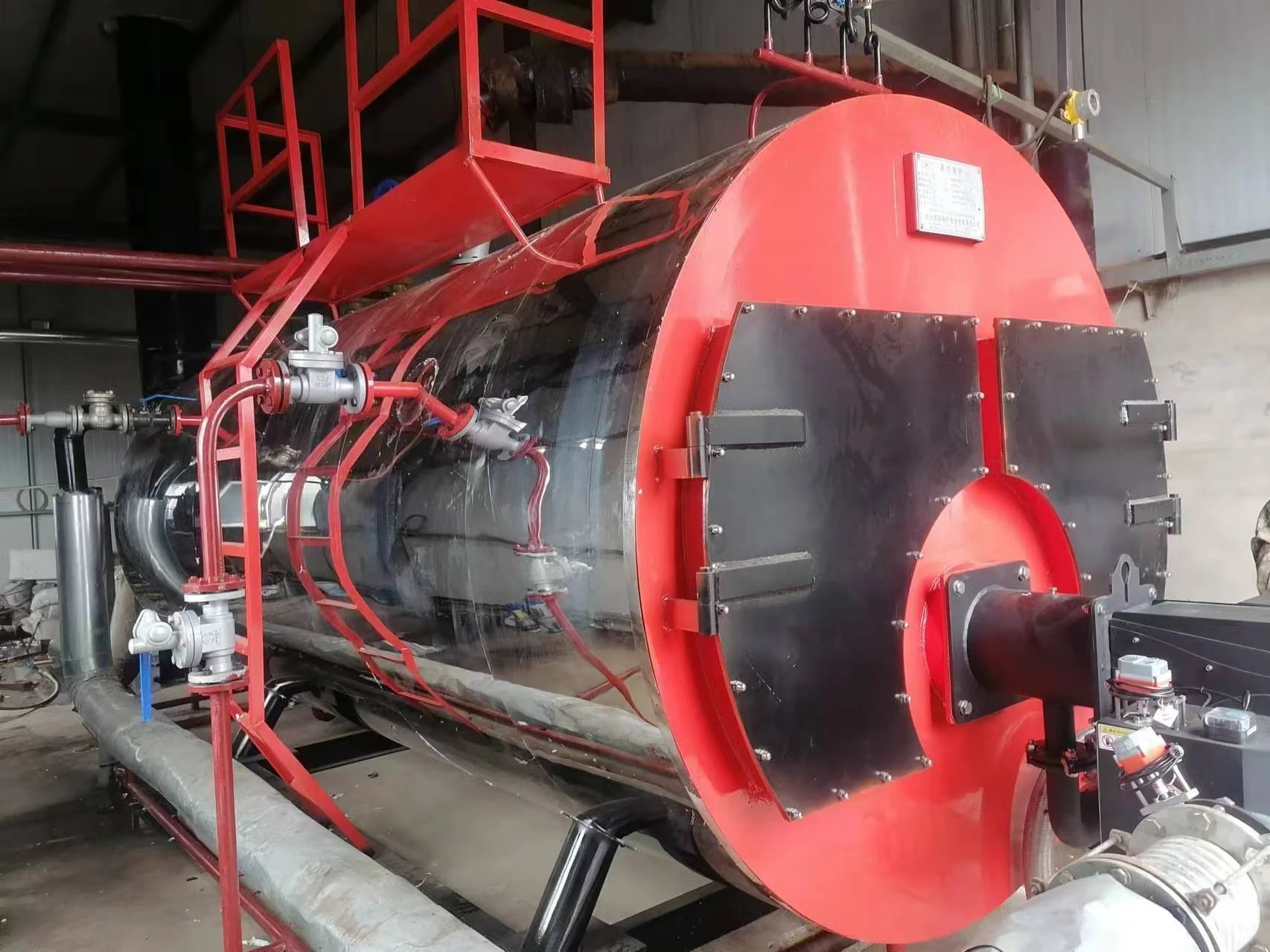
Oct . 13, 2024 14:25 Back to list
Understanding the Function and Benefits of Hot Water Boilers for Your Home
What is a Hot Water Boiler?
A hot water boiler is an appliance that heats water for residential or commercial heating applications. It functions by utilizing fuel sources like natural gas, oil, propane, or electricity to generate hot water that can be circulated through a heating system, such as radiators or underfloor heating. Understanding how hot water boilers work and their applications can significantly improve energy efficiency and comfort in any building.
How Hot Water Boilers Work
The operation of a hot water boiler is relatively straightforward. First, cold water enters the boiler through an inlet pipe. The boiler’s burner ignites the fuel, heating up the water contained within the boiler. Once the water reaches the desired temperature, it is pumped out through a series of pipes to various fixtures or heating devices throughout the building.
In a typical heating system, hot water is circulated through a loop, distributing heat effectively. When the hot water reaches the radiators or heat exchangers in the designated areas, it transfers its heat into the surrounding air, thus warming up the rooms. As the water cools down, it returns to the boiler to be reheated, creating a continuous cycle of heating.
Types of Hot Water Boilers
There are several types of hot water boilers, each designed to meet different heating needs.
1. Fire-Tube Boilers In these systems, hot gases from the fuel burn pass through tubes that are surrounded by water. The heat from the gases transfers to the water, effectively heating it. Fire-tube boilers are known for their efficiency and are commonly used in industrial applications.
2. Water-Tube Boilers Unlike fire-tube boilers, water-tube designs have water inside the tubes and hot gases surrounding them. This type is often utilized in high-capacity heating applications due to its ability to produce steam and hot water quickly.
what is hot water boiler

3. Combi Boilers Combination boilers provide both heating and hot water from a single unit, making them ideal for small homes that do not require separate hot water storage. They are typically energy-efficient since they only heat water on demand.
4. Electric Boilers These boilers utilize electric heating elements to heat water, offering a cleaner alternative to fossil fuels. They are particularly useful in areas where gas isn’t available or when energy efficiency is a priority.
Benefits of Hot Water Boilers
The benefits of using hot water boilers are numerous. One of the main advantages is their efficiency; modern boilers are designed to maximize heat retention and minimize energy consumption. They can significantly lower utility bills compared to older heating systems.
Additionally, hot water boilers provide consistent and comfortable heating throughout the home or building. They can be easily integrated into smart home systems, allowing users to control temperatures and schedules for optimal energy use.
The use of a hot water boiler is not limited to residential heating; they are also commonly found in commercial settings, such as restaurants, hospitals, and schools, where consistent hot water supply and heating are essential.
Conclusion
In summary, hot water boilers are vital components of many heating systems, providing efficient and reliable hot water for a variety of applications. With advancements in technology, the options available for hot water boilers continue to expand, incorporating energy-efficient features that benefit both users and the environment. Understanding the types and workings of hot water boilers can help consumers make informed decisions and enhance their heating solutions.
-
High-Efficiency Commercial Oil Fired Steam Boiler for Industry
NewsJul.30,2025
-
High-Efficiency Biomass Fired Thermal Oil Boiler Solutions
NewsJul.30,2025
-
High Efficiency Gas Fired Thermal Oil Boiler for Industrial Heating
NewsJul.29,2025
-
High-Efficiency Gas Fired Hot Water Boiler for Sale – Reliable & Affordable
NewsJul.29,2025
-
High Efficiency Biomass Fired Hot Water Boiler for Industrial and Commercial Use
NewsJul.29,2025
-
High-Efficiency Biomass Fired Hot Water Boiler for Industrial Use
NewsJul.28,2025
Related PRODUCTS






















